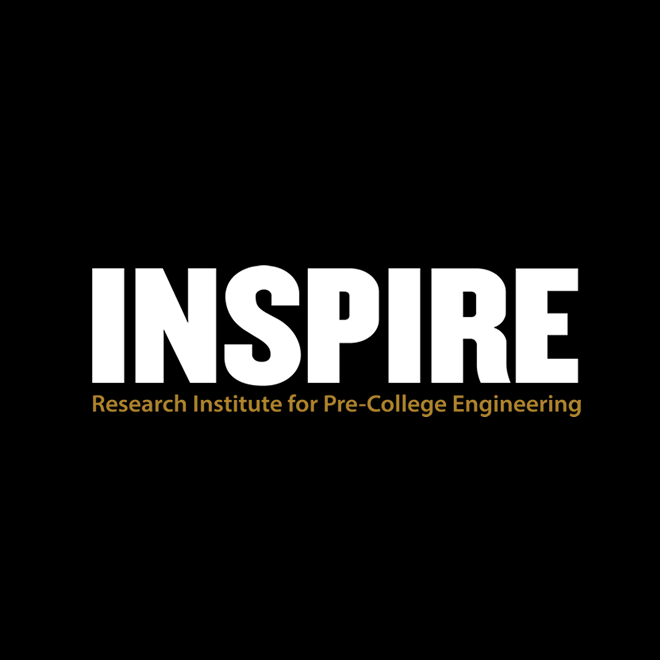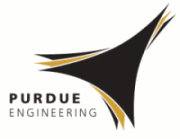Author ORCID Identifier
Christine: 0000-0003-1922-7101
Greg: 0000-0002-5027-593X
Abstract
In this paper, we address the societally important issue of developing a more equitable approach to preK-12 engineering education. Our primary emphasis is on K-8 grades—a time when first impressions of engineering may be developed. Calls for increased participation by all students, including those who have been historically marginalized, motivate the need for theoretically grounded ways of developing and assessing educational programs. This paper draws from sociocultural learning theory and applies four theoretical and empirical analyses to derive design principles for equity that can inform curriculum, instruction, and assessment of preK-12 engineering education programs. We present a model for equity-oriented preK-12 engineering learning and delineate its dimensions and principles, which include socially engaged engineering, authentic engineering practices, asset-oriented pedagogies, and student engineering identity. We illustrate each with examples and discuss ways of implementing equity-oriented engineering curricula.
Recommended Citation
Cunningham, C. M.,
&
Kelly, G. J.
(2022).
A Model for Equity-Oriented PreK-12 Engineering.
Journal of Pre-College Engineering Education Research (J-PEER), 12(2), Article 3.
https://doi.org/10.7771/2157-9288.1375


